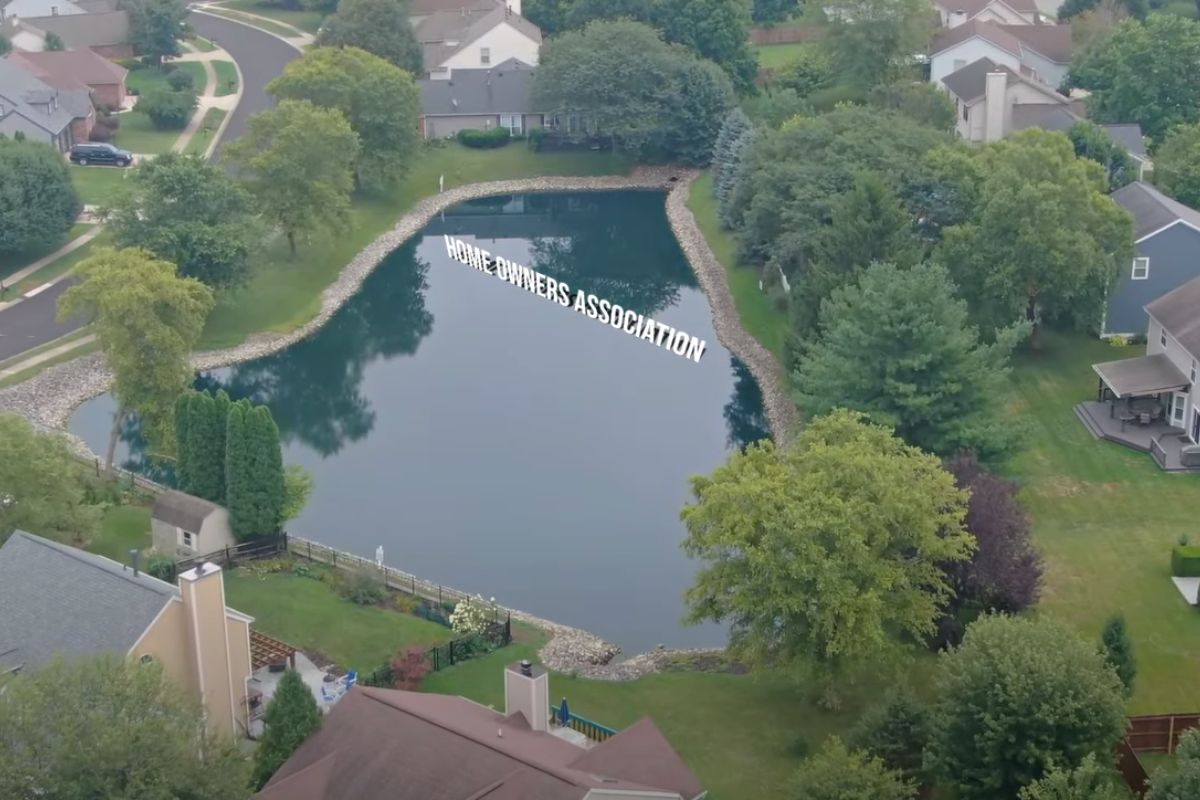Top Tips for Handling Disputes With Your HOA
Navigating disputes with your Homeowners' Organization (HOA) can be a difficult job that lots of house owners deal with eventually. Understanding the intricacies of HOA policies and guidelines is essential, but often simply the start. Efficient communication approaches, in addition to seeking arbitration or adjudication when needed, can be crucial elements in discovering an amicable resolution. However, there are extra nuanced strategies that can dramatically affect the result of your conflict. By applying a couple of strategic pointers, you may locate on your own in a far better position to resolve conflicts with your HOA and keep a harmonious living setting.
Effective Interaction Strategies
To successfully browse disputes with your Homeowners Organization (HOA), utilizing clear and considerate communication techniques is extremely important. Clear communication is the keystone of any kind of successful resolution process. When attending to concerns with your HOA, it is crucial to express your problems in a tranquility and made up manner. Prevent making use of hostile language or making individual attacks, as this can escalate tensions and impede the opportunity of getting to an equally advantageous contract.
Considerate interaction includes proactively paying attention to the viewpoints of the HOA board participants and considering their factors of view. By demonstrating empathy and understanding, you can foster a more collaborative atmosphere that is helpful to locating commonalities. Furthermore, preserving professionalism in all communications, whether via composed communication or face-to-face conversations, is key to constructing trust fund and credibility.
In addition, making use of composed communication, such as emails or formal letters, can help ensure that all celebrations have a documented record of the discussions and arrangements made. This can protect against misunderstandings and provide quality on the steps set to attend to the dispute. Bear in mind, reliable communication is the structure for solving conflicts agreeably and protecting positive partnerships within your community.
Recognizing HOA Rules and Bylaws
Using a detailed understanding of the Homeowners Association (HOA) regulations and bylaws is essential for home owners to navigate area guidelines properly. HOA guidelines and laws offer as the foundation for keeping order and harmony within a neighborhood. These standards detail the legal rights and duties of both the house owners and the organization, covering elements such as property maintenance, building standards, animal guidelines, noise constraints, and a lot more. By familiarizing themselves with these guidelines, home owners can ensure they are in conformity and prevent prospective conflicts with the HOA.

Looking For Arbitration or Settlement


When thinking about looking for arbitration or adjudication to solve disagreements with the association,Having a solid understanding of the HOA policies and laws serves as an important structure. Arbitration and adjudication are alternative dispute resolution techniques that can supply a more efficient and affordable means to clear up arguments compared to lawsuits.
Arbitration involves a neutral 3rd party, the conciliator, that promotes conversations in between the celebrations to assist them reach an equally acceptable agreement - hoa austin. It is a voluntary process click to read more that enables open interaction and imaginative problem-solving
Adjudication, on the other hand, involves a neutral mediator that pays attention to both sides of the conflict and makes a binding choice. This procedure is much more formal than mediation and frequently resembles a simplified version of a court case.
Prior to going after mediation or arbitration, it is vital to assess the HOA's governing records to understand any procedures or requirements associated with these disagreement resolution techniques - hoa austin. Seeking specialist advice from a realty attorney experienced in HOA issues can likewise help browse the mediation or arbitration procedure successfully
Keeping and recording Records
Amidst conflicts with your HOA, keeping meticulous paperwork and diligently maintaining records is extremely important for successfully navigating potential disputes and resolution procedures. Recording interactions, decisions, violations, and interactions with your HOA can give essential proof to sustain your claims or defenses.
In addition to documenting communications and decisions, it is necessary index to maintain duplicates of all relevant official HOA documents, such as bylaws, meeting minutes, and correspondence. These papers can act as referrals to make clear treatments, duties, and legal rights laid out by the HOA. Maintaining thorough documents shows your commitment to solving disagreements properly and can reinforce your placement throughout settlements or formal proceedings. By recording and keeping records regularly, you equip on your own with an effective tool to protect your interests and supporter for a reasonable resolution within the HOA community.
Recognizing When to Look For Lawful Recommendations
In complicated conflicts with your HOA, understanding when to seek advice from lawful advise is critical for browsing the ins and outs of building management policies and potential lawful procedures. If you find yourself encountering a circumstance where communication with your HOA has actually broken down, or if you are not sure of your rights and commitments under the controling records, looking for legal advice might be required. Legal guidance can provide quality on complicated legal concerns, review pertinent papers, and deal guidance on the ideal program of activity.

Verdict
Finally, fixing conflicts with your HOA needs efficient communication, understanding of bylaws and guidelines, consideration of mediation or settlement, extensive paperwork, and knowing when to seek legal recommendations. By complying with these top tips, homeowners can browse problems with their HOA in a effective and useful way. It is necessary to approach disputes with a tranquility and reasonable frame of mind, focusing on finding equally helpful services to maintain an unified neighborhood atmosphere.
To efficiently navigate disagreements with your Homeowners Association (HOA), employing clear and considerate interaction strategies is paramount.In complicated disputes with your HOA, recognizing when to consult with lawful guidance is essential for navigating the details of residential property administration policies and possible lawful process. Additionally, if settlements with the HOA have reached a standoff or if you think that your HOA is acting in a unfair or biased way, seeking advice from with a lawyer specializing in building legislation can aid safeguard your rate of interests and make certain a fair resolution. Keep in mind, lawful guidance can give you with the required proficiency and support to browse tough HOA disputes effectively.
In conclusion, resolving disputes with your HOA needs reliable communication, knowledge of policies and laws, factor to consider of arbitration or settlement, complete documents, and recognizing when to seek legal recommendations.